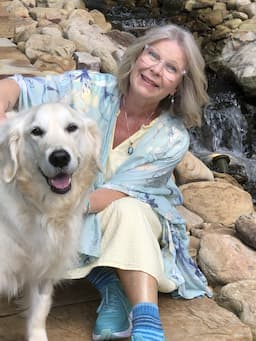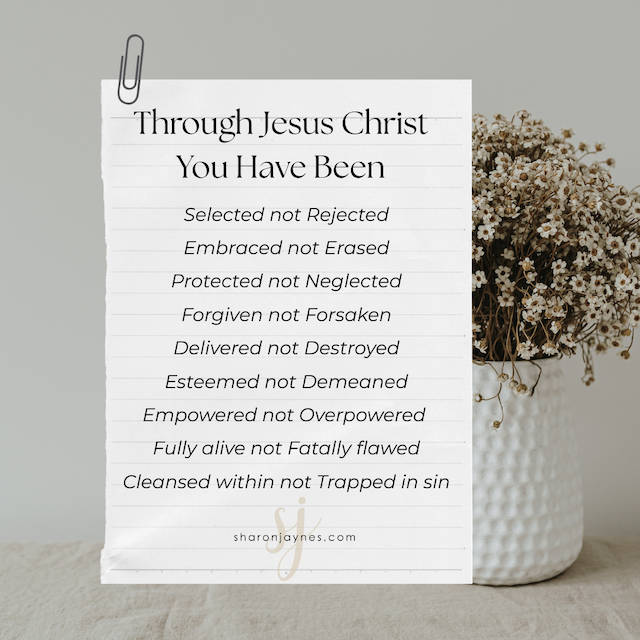God reconfigures the world (Genesis 9:1-7)
Genesis 9 is effectively a new creation. As Noah emerges from his little preservation box after a year, he offers gifts in recognition of the Lord’s authority, and God affirms the order of creation (8:22).
So, what’s the same in this new creation, and what’s different? That’s what Genesis 9 is all about.
Will God trust the world into human hands again? From the start, humans abused the authority God gave them, grasping God’s power for themselves, killing each other and the animals he entrusted to their care. Don’t forget, The Lord regretted that he had made human beings on the earth, and his heart was deeply troubled (6:6), for the earth was ruined and full of violence (6:11).
The 2014 movie called Noah strayed from the Biblical story to portray humans as unfit to rule the earth. Even Noah himself (played by Russell Crowe) was unsure if the world would be a better place if humans had not survived. Darren Aronofsky (director/co-author) is not the first to take such a dark view of humanity.
I mean, surely God could do better than partnering with us? Don’t we compromise God’s integrity? Those who suffer wars and abuse cry, “How can there be a God?” It’s not like God needs us to rule the world. Seriously, what do we contribute that God couldn’t do better? Don’t we merely misrepresent God’s authority?
These big questions are explored again and again in the history of God’s people, in the Psalms, in the Prophets, in the Gospels, in the Letters, and in Revelation. Why does God, with all power at his disposal, want to partner with our weakness?
Genesis doesn’t explain why God uses his power in a way that seems foolish to us. Only later in the story do we recognize the Father who doesn’t force his authority on us because he’s raising a family to maturity through his love, calling us to kneel before the Father from whom every family in heaven and on earth derives its name (Ephesians 3:14). With his Spirit in our inner being and his Messiah dwelling in our hearts through allegiance, humanity becomes rooted and grounded in his love, coming to know the love he has given us by raising up his Messiah as the full expression of the width and length and height and depth of his immeasurable love, so that we are filled with the full measure of God (3:16-19). It may seem like an impossible goal, but this is what the power of God achieves: immeasurably more than all we can ask and imagine, though his power that is at work in us (3:20).
That’s why God did not give up on humanity, on the vocation he gave us in the beginning to image him to creation. Through his partnership with Noah, God restored creation.
In the restored world, God does not abandon his partnership with humanity. He reconfigures it:
Genesis 9:1–7 (NIV)
1 Then God blessed Noah and his sons, saying to them, “Be fruitful and increase in number and fill the earth. 2 The fear and dread of you will fall on all the beasts of the earth, and on all the birds in the sky, on every creature that moves along the ground, and on all the fish in the sea; they are given into your hands. 3 Everything that lives and moves about will be food for you. Just as I gave you the green plants, I now give you everything.
4 “But you must not eat meat that has its lifeblood still in it. 5 And for your lifeblood I will surely demand an accounting. I will demand an accounting from every animal. And from each human being, too, I will demand an accounting for the life of another human being.
6 “Whoever sheds human blood, by humans shall their blood be shed; for in the image of God has God made mankind. 7 As for you, be fruitful and increase in number; multiply on the earth and increase upon it.”
Humans have been killing each other (4:8, 23), but the violence is broader than that. God had given them green plants for food (1:30), but they’d been killing animals too. The violence corrupted the earth (6:11), leaving the creatures in fear and dread of us (verse 2).
This is not what God intended, but almost from the start Abel was keeping flocks and offering some as a gift to God (4:4). God accepted Abel’s gift, as he did Noah’s (8:20), but it seems that offering animals as food to God was what ancient cultures practiced rather than what God wanted (compare Psalm 50:9-13).
God offers a concession. They can kill and eat animals if they drain the life-blood from the creature, recognizing they’ve taken its life (compare Leviticus 17:11, 14; Deuteronomy 12:23).
But human blood is another matter. God does not want to see human blood spilled on the soil as it was when Cain killed Abel (4:10). God cares about every little bird that falls to the ground, and yet his love for his human family is so much more (Matthew 10:29-31). They must stop killing each other.
Humans bear God’s image (verse 6). To strike down another human is to strike at God himself. Whatever we do to another human, we’re doing to God since God made us in his image.
God does something counterintuitive. If people abused authority I’d given them, I’d want to withdraw — or at least diminish — their authority. God does the opposite. Humans have overstepped the boundaries God set for us, taking the lives of the animals entrusted to our care, and taking each other’s lives in violation of our calling to image God in creation. But instead of reducing the trust God gave us, God gives us more responsibility. For the first time, God gives us authority over each other’s lives.
Literally translated, this is the decree God issues in Genesis 9:6: “Whoever sheds blood of the human, by the human shall their blood be shed, because in his image God made the human.”
For the first time, the human community has authority over human life. God authorizes the use of capital punishment, a practice that’s still lawful in 55 countries today.
The strange thing is that this is not what God himself did while he was managing the world directly. Instead of taking Cain’s life as the community expected, God put a mark on Cain to protect him so the community would not kill him (4:15).
God does this as a deterrent, to limit violence. What you do to another may be done to you. Does the threat of punishment inhibit evil-doers? It probably does have that effect.
But on the other hand, if God puts the power of life and death into human hands, aren’t we likely to abuse that power too? Doesn’t this open the door to human rulers forming nations and using war as a means to build their kingdoms? That’s what happens in Genesis 10. And it’s not just the nations: God’s own people abuse that power too (for example, Genesis 37:20; 2 Samuel 11:15; 2 Kings 21:16).
“A life for a life” was not God’s creational ideal. It’s not what God himself practiced before he authorized human government. It’s an accommodation to limit violence in the world. Right or wrong, delegated authority means that anyone who is hanged is under God’s curse (Deuteronomy 21:23).
God authorized the power of human government because it’s better than anarchy. God authorized this power knowing that one day he would face and deal with that evil himself (John 12:47-50; Galatians 3:13). So, until the world is set right in the Messiah, this is the world we live in (Romans 13:1-5).
Thank you, God for not giving up on us, for working with us towards a new creation where heaven’s government is restored to earth in Christ, as we all reach unity in the faith and in the knowledge of the Son of God and become mature, attaining to the whole measure of the fullness of Christ (Ephesians 4:13).
Related posts
- Earthly government (Gen 9:1-6)
- Capital punishment? (Gen 9:6)
- Does God authorize governments? (Rom 13:1-7)
- What power do the rulers of this world have over God’s people? (Mt 14:1-12)
Seeking to understand Jesus in the terms he chose to describe himself: son of man (his identity), and kingdom of God (his mission). Riverview Church, Perth, Western Australia View all posts by Allen Browne





